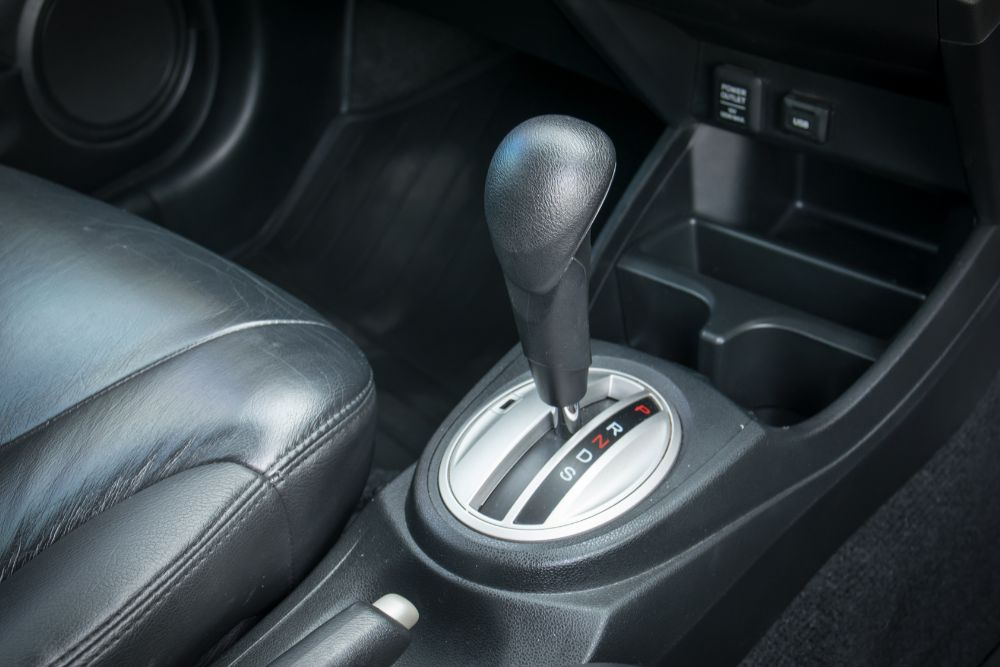Your vehicle’s transmission is a critical component that ensures power from the engine is effectively transferred to the wheels, allowing for smooth gear shifts and efficient driving. Proper maintenance and timely repairs are essential to keep your transmission functioning optimally and to avoid costly issues down the road.
Identifying Transmission Problems Early
Early detection of transmission issues can save you significant time and money. Common signs of transmission trouble include unusual noises such as grinding, whining, or clunking, especially when changing gears. Slipping gears, where the vehicle unexpectedly shifts or struggles to stay in gear, is another red flag. Additionally, if you experience difficulty shifting gears, notice a burning smell, or see fluid leaks under your vehicle, these are clear indicators that your transmission needs professional attention.
The Diagnostic Process for Transmission Issues
When you bring your vehicle to a professional auto repair shop for transmission concerns, the process begins with a comprehensive diagnostic check. Skilled mechanics use advanced diagnostic tools to identify the exact problem. This includes checking the transmission fluid levels and condition, inspecting for leaks, and running diagnostic tests to detect any error codes from the vehicle’s computer system. A thorough diagnostic ensures accurate identification of the issue, allowing for precise and effective repairs.
Importance of Transmission Fluid Maintenance
Transmission fluid is vital for the proper functioning of your transmission, as it lubricates moving parts, prevents overheating, and ensures smooth gear shifts. Over time, the fluid can degrade or become contaminated, leading to poor performance and potential damage. Regular transmission fluid checks and changes are crucial to maintaining transmission health. A professional mechanic can recommend the right type of fluid and an appropriate maintenance schedule for your vehicle, ensuring it runs smoothly and efficiently.
Repair vs. Replacement: Making the Right Decision
Deciding between repairing or replacing your transmission depends on the extent of the damage. Minor issues, such as a leaking seal or a malfunctioning solenoid, can often be repaired without the need for a full replacement. However, significant damage, like a cracked transmission case or severely worn gears, may require a complete replacement. Consulting with an experienced mechanic can help determine the most cost-effective and reliable solution based on the specific condition of your transmission.
Trusting Professional Transmission Repairs
Transmission repairs and replacements are complex tasks that require specialized knowledge and expertise. Choosing a reputable auto repair shop with certified mechanics ensures that your vehicle is in capable hands. A trusted shop will provide clear communication, detailed explanations, and quality workmanship. By investing in professional transmission repairs, you ensure the longevity and reliability of your vehicle, giving you peace of mind and confidence on the road. Proper maintenance and timely repairs are key to keeping your transmission-and your vehicle-running smoothly.

